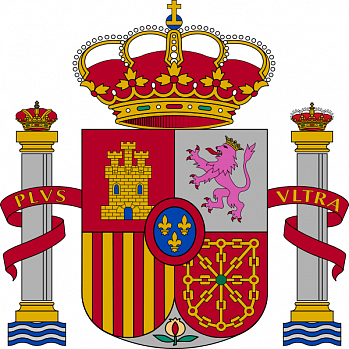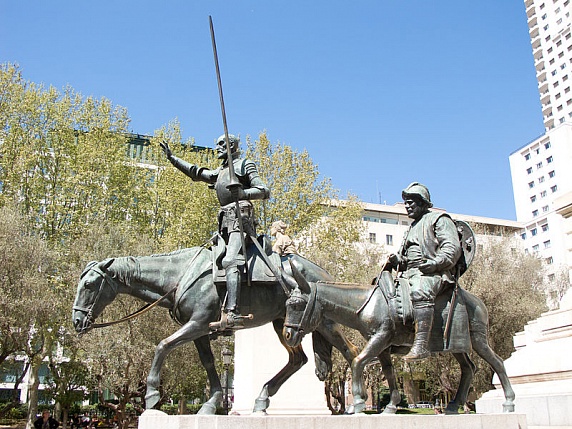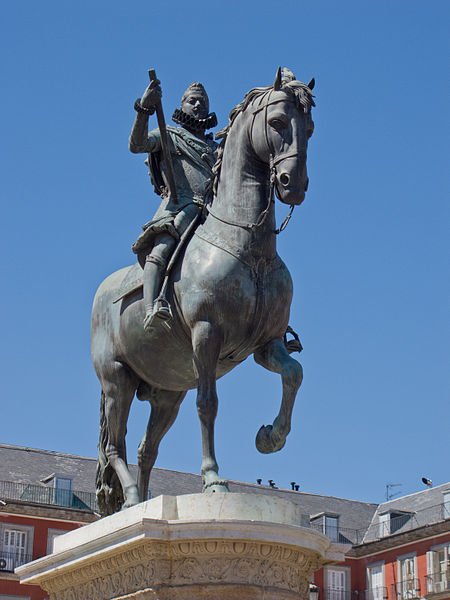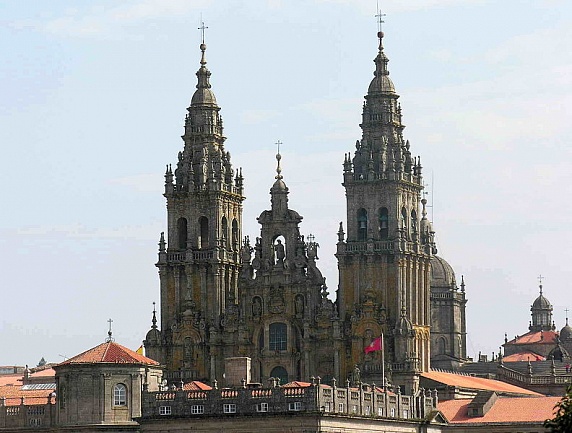 the Kingdom of Spain
the Kingdom of Spain
Press release on the 30th anniversary of the Madrid Peace Conference on Arab-Israeli settlement
October 30 went down in history as an important milestone in the development of the Middle East. Thirty years ago, on October 30, 1991, a peace conference on Arab-Israeli settlement began in Madrid, Spain. Co-sponsored by the USSR and the United States, this forum became possible owing to active multilateral cooperation. We also note the special contribution of Spain as the host country of the Madrid Conference.
It was then that all the players involved, including the high-level representatives of Israel, Egypt, Syria, Lebanon, Jordan, the Palestinians represented by a single delegation, and the UN as an observer sat down to the negotiating table for the first time. This event made it possible to build a peace process on comprehensive Middle East settlement based on the direct political dialogue between Israel, on one side, and the Arab countries and the Palestinians, on another. The process also included multilateral talks on the fundamental problems of security, refugees, the economy, and distribution of water resources.
Pursuant to the Madrid decisions, the Middle East countries and the international actors made a significant contribution to regional stabilisation, prompting the emergence of the outlines of a stable and comprehensive peace process. To our deep regret, there were a number of reasons why the potential created by the Madrid Conference failed to be used in full and was even dissipated in some respects.
As a consequence, regular backslides into a military confrontation occur in the zone of the conflict against the background of the persisting Israeli occupation. The West Bank and the Gaza Strip have been plagued by acute socioeconomic and humanitarian problems that are being further aggravated due to the lack of intra-Palestinian unity. Palestinian and Israeli civilians are badly affected by unilateral steps related to attempts to change the status of Jerusalem, including that of the Holy Places, the settlement activities and calls to violence. The prospects for implementing the postulate on “territories in exchange for peace” as enshrined in UN Security Council resolutions, which entails the principle of “two states,” Israel and Palestine, coexisting in peace and security, ended up seriously undermined.
Under the present circumstances, Russia, as a permanent member of the UN Security Council and a member of the Middle East Quartet of international mediators, calls on its partners to turn to the Madrid-created record of cooperation based on a comprehensive approach to regional challenges and threats and to step up joint efforts in the interests of a stable Arab-Israeli settlement. History has shown that it is impossible to untie the knots of conflict in the Middle East single-handedly.
To solve this problem, the Russian diplomatic service is putting forward an initiative to convene the Quartet at the ministerial level in collaboration with the League of Arab States. The Russian proposal to hold a Palestinian-Israeli summit in Moscow is standing as well. We are maintaining contacts with all parties. Prime Minister of Israel Naftali Bennett paid a visit to Russia recently. We are planning talks with the leaders of the Palestinian National Authority.








